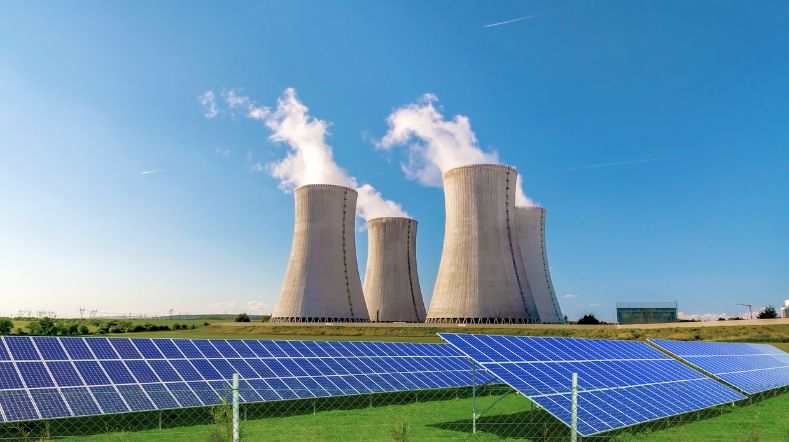Switching to a heat pump is financially attractive for 90% of single family homes with current policy
Nine out of ten households living in single family homes save money by installing a hybrid or fully electric heat pump, where necessary in combination with extensive insulation. For homeowners and private tenants, the most favourable energy-saving option results in an average annual saving of more than 300 euros; for tenants in social housing, the average saving exceeds 700 euros.
The costs of extensive insulation determine whether a fully electric or hybrid heat pump is the most financially attractive option. This is the conclusion of a study by the Netherlands Bureau for Economic Policy Analysis (CPB), TNO and the Netherlands Environmental Assessment Agency (PBL).
CPB, TNO and PBL looked at how financially attractive it is for households in single family houses is to make their homes more sustainable. The study simulated the income effects of sustainability measures for five million gas-heated single family homes, focusing on moments when a boiler replacement is needed or a renovation is considered.
It covers individual sustainability measures and excludes collective options, such as district heating. Calculations are based on current policy, including government subsidies and agreements with social housing associations not to increase rent for sitting tenants after insulation.
Individual sustainability measures
The study assessed four sustainability measures: insulating to the insulation standard (a guideline for sufficient insulation to heat a home without natural gas); the insulation standard in combination with a fully electric heat pump; the insulation standard with a hybrid heat pump; and a hybrid heat pump without additional insulation.
In 90% of single family homes, at least one of these four options lowers housing costs compared to doing nothing. For the other 10%, there may be other financially attractive measures not covered in the study, such as partial insulation.
Hybrid or electric heat pump
Whether a fully electric heat pump is financially attractive depends on the costs of insulating to the standard. This often requires significant investment, which may not always be recouped through lower energy bills.
Under current policies, a fully electric heat pump with extensive insulation is financially beneficial for roughly half of homeowners and private tenants, particularly in smaller homes where insulation requires less investment.
For almost all social housing tenants, this is the most attractive option. Where insulation is too costly, a hybrid heat pump is often the most financially appealing. For around 70% of households, this option has a positive income effect, and for around 40% of owner-occupiers and private tenants, it is also the most financially attractive. If a home is already well insulated, a fully electric heat pump is nearly always more beneficial than a hybrid system.
Impact of funding and performance agreements
Incentive policies strongly influence the income effects of making homes more sustainable. Without funding for insulation and heat pumps, and without the performance agreements for ‘free’ insulation for sitting tenants in social housing, only 43% of the households studied would find these measures financially attractive.
This reduces the appeal for both homeowners and (social) tenants. In particular, the financial attractiveness of a fully electric heat pump with insulation decreases significantly without these supportive policies.
Get inspired
Temporary Special Economic Zone around Rotterdam can prevent climate delays and GDP losses


Making sustainability strategies robust and resilient in an uncertain world

Nuclear energy in our future energy system


Climate fund applications from the perspective of broad prosperity


Disruptive energy technologies for the future mapped out



